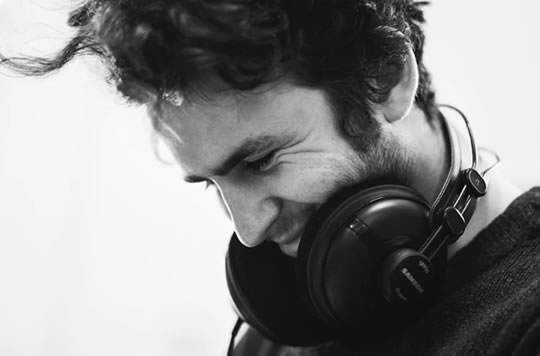The brain’s response to this music is akin to money and food.
Music that is surprising or unexpected sends a burst of pleasure through the brain, a study shows.
The reason is that when listening to music, our brains appear to predict what to expect next — even when it is new.
We have learnt certain musical patterns from our lifetime’s experience of music.
So, when the musician strikes an unexpected chord, the brain’s reward centres light up.
For the study, people were played musical extracts that sounded either pleasant or unpleasant.
When people were surprised by the music, more activation was seen in the nucleus accumbens, a part of the brain linked to musical pleasure.
Mr Ben Gold, the study’s first author, said:
“This study adds to our understanding of how abstract stimuli like music activate the pleasure centres of our brains.
Our results demonstrate that musical events can elicit formally-modelled reward prediction errors like those observed for concrete rewards such as food or money, and that these signals support learning.
This implies that predictive processing might play a much wider role in reward and pleasure than previously realized.”
The study was published in the journal Proceedings of the National Academy of Sciences (Gold et al., 2019).







